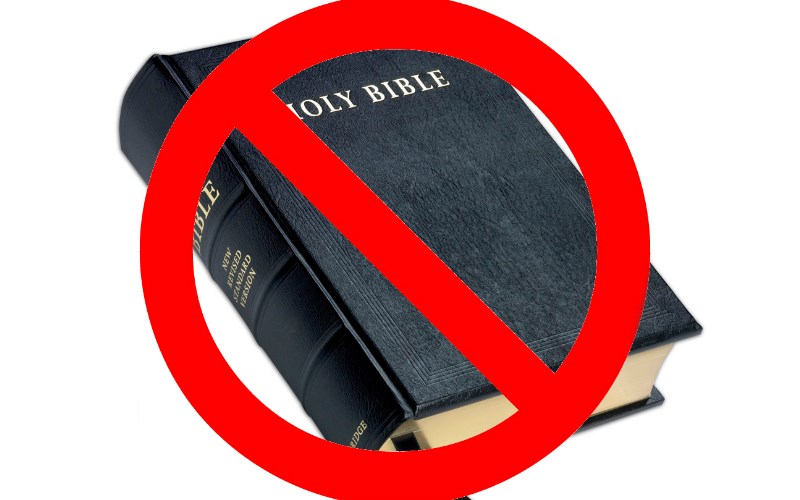Jean Finney, a woman who identifies as a lesbian, was suing the Missouri Department of Corrections for discrimination. When the jury was being chosen for her case, Finney's attorney asked prospective jurors if any of them attended conservative Christian churches that teach biblical truth about homosexuality.
Specifically, they were asked if they were "taught that people [who] are homosexual[l] shouldn't have the same rights as everyone else" because "what they did" was "a sin."
Even though the two individuals who raised their hands tried to clarify that homosexuality is not the only sin against which the Bible teaches, their assurance that they could and would follow the law fell on deaf ears. Finney's attorney convinced the judge that they could not be impartial in the case, and they were dismissed from jury duty.
Mat Staver of Liberty Counsel says Christian teachings are vastly misunderstood.

"There's not only ignorance to what Christianity believes, but there's an intentional twisting of Christian beliefs," he laments. "They don't understand the 'love the sinner; hate the sin' concept. To them, that's foreign."
The ruling said that the jurors were dismissed because of their Christian beliefs, not because they were Christians. In other words, they could talk the talk but not walk the walk.
"Once you express them, once they actually change your behavior and you incorporate them in your life, then you're disqualified," the attorney summarizes. "So, you can have all the beliefs you want to. Just keep them to yourself."
The Supreme Court has since declined to hear Finney's case — a decision Justice Samuel Alito reluctantly affirmed due to technical, procedural issues. In his comment on the order, he wrote the case bore out concerns he identified nine years ago at the time of the ruling in Obergefell vs. Hodges, the case in which the Supreme Court held that the Fourteenth Amendment requires states to license and recognize same-sex marriage.
In his dissent to Obergefell, Alito dismissed assurances from the court's activist bloc that Christians' "rights of conscience will be protected."
"We will soon see whether this proves to be true," Alito wrote at the time. "I assume that those who cling to old beliefs will be able to whisper their thoughts in the recesses of their homes, but if they repeat those views in public, they will risk being labeled as bigots and treated as such by governments, employers, and schools."
Staver says this case proves that if Christians express their biblical views, then they are going to be excluded from juries and other areas of public participation.
"That is a real concern, and that is the problem with this Obergefell decision," he reiterates.







